
In recent months, I’ve been thinking about time and reading Seneca and other Roman thinkers. We treat time as something of little value. If someone broke into our home and stole a television or anime collection, we’d feel violated and angry. Yet, we often allow advertisements, bad anime, and other people to steal our time. Time cannot be renewed, unlike material things. But we’ve become used to our time being stolen by others. After all, advertisements steal minutes and seconds on a regular basis. Mediocre anime entertain while still keeping us from watching a better story.
Every time we say yes to something–or have an ad forced upon us–we say no to something else that could fill our time. You’d think this is a problem of the modern age, but Seneca wrote about this problem during the Roman Empire. His letter On the Shortness of Life examines the problem of time at length:
It is not that we have a short time to live, but that we waste a lot of it. Life is long enough, and a sufficiently generous amount has been given to us for the highest achievements if it were all well invested. But when it is wasted in heedless luxury and spent on no good activity, we are forced at last by death’s final constraint to realize that it has passed away before we knew it was passing. So it is: we are not given a short life but we make it short, and we are not ill-supplied but wasteful of it… Life is long if you know how to use it.
I finally broke down and watched High School DxD. At least the first season. Many fans have recommended it. I found the story disappointing because of its failure to reach its storytelling potential. Ecchi doesn’t have to consist of poor writing and characterization. By saying yes to all the recommendations, I lost hours of my life I could’ve spent watching a better story for JP or reading or researching. I didn’t guard my time as I should’ve. As Seneca wrote:
People are frugal in guarding their personal property; but as soon as it comes to squandering time they are most wasteful of the one thing in which it is right to be stingy.
Of course, if you liked High School DxD and didn’t feel it a waste of time, that’s fine. Value is relative to each of us. I value time spend on writing and learning. However, I know many people who would rather not spend their time doing that. And that’s fine. What matters is knowingly spending time as we deem valuable, as Seneca points out. After all, your time is yours. Mine time is mine. And each of us only has so much of it.
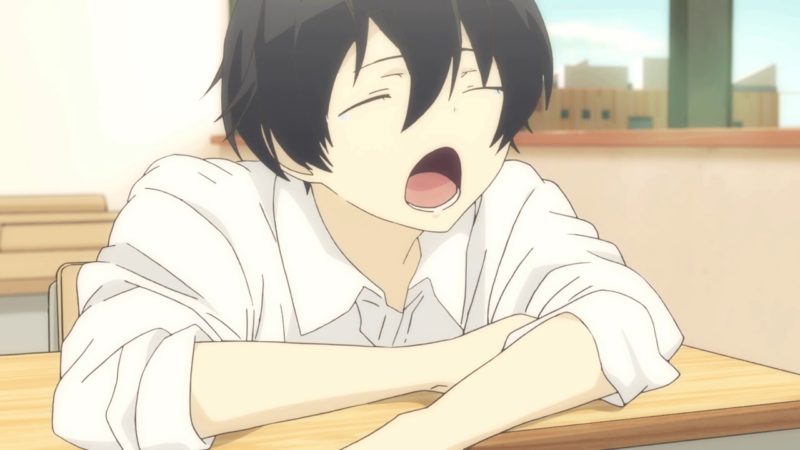
It’s not possible to always use every moment with purpose. In fact, purposeless use of time can provide a chance to rest and recharge. However, purposelessness can’t be our default. It makes life short as Seneca states. Whenever I write for JP, I consider if the topic is worth your time to read and worth my time to write. Not every article will overlap my values with yours. This article may well be one of those failures!
I’ve written before about how anime shouldn’t dominate your life. Many in otaku culture consume more anime than is healthy. It dominates their time. What happens when their life draws to a close? Media consumption cannot fulfill. A full life involves creativity, relationships, spirituality, and the pursuit of virtue. Entertainment can support these pursuits and provide rest. It cannot substitute.
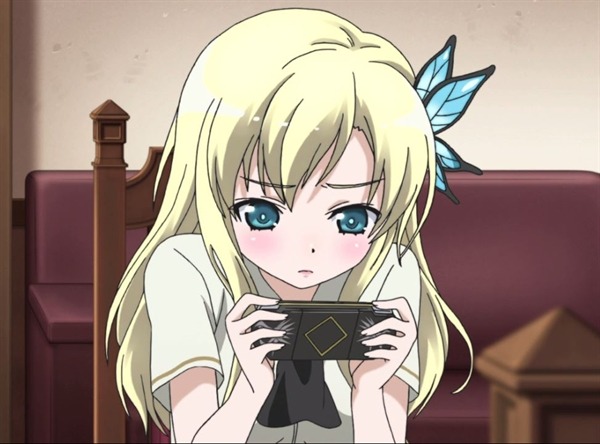
I found scheduling my days has improved them. Time moves slower, and I feel as if my time is spent more wisely. I schedule my entertainment consumption. I build flex time into the schedule; projects always take more time than expected. My focus also wavers, and I fall into distractions. Strangely enough, scheduling requires less mental energy than my old free-wheeling approach. Structure means I don’t have to waste time making as many decisions. It helps me avoid decision fatigue. Seneca also advocates this approach:
Everyone hustles his life along, and is troubled by a longing for the future and weariness of the present. But the man who … organizes every day as though it were his last, neither longs for nor fears the next day… Nothing can be taken from this life, and you can only add to it as if giving to a man who is already full and satisfied food which he does not want but can hold. So you must not think a man has lived long because he has white hair and wrinkles: he has not lived long, just existed long. For suppose you should think that a man had had a long voyage who had been caught in a raging storm as he left harbor, and carried hither and thither and driven round and round in a circle by the rage of opposing winds? He did not have a long voyage, just a long tossing about.
Yes, I schedule when I watch anime. Instead of being tossed about by whims, I direct my voyage. I’ve even gone as far as installing a Raspberry Pi Zero with Pi-Hole on my network to reduce the time I waste with advertising. My week follows a general schedule–writing on Mondays, Tuesdays, and Fridays or Saturdays. Saturday nights I watch anime. Sundays I study Japanese and work on penmanship and blogging. Scheduling my non-work hours on a weekly basis gives me a framework that doesn’t require me to make decisions. As a library manager, decision fatigue plagues me.
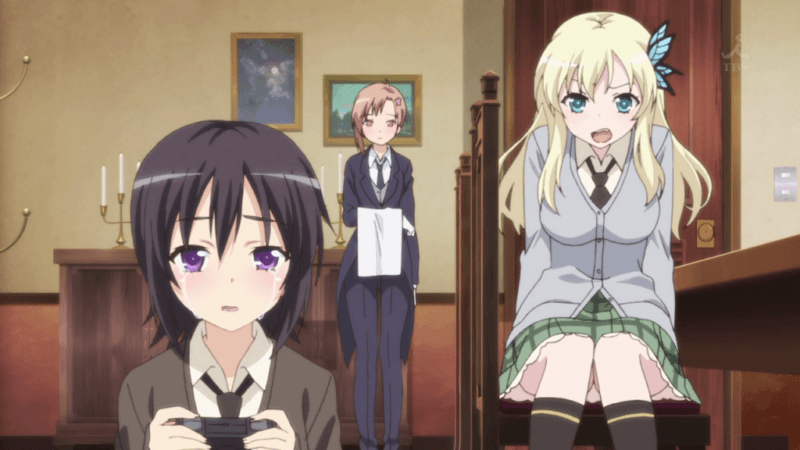
Scheduling an anime night allows me to build anticipation. The discrete time slots for activities helps me focus. It becomes a habit that primes my mind for the task designated for that slot. Over time, the habit of sitting down to write at the same time each day makes me more productive. I can reach my word count in less time than writing whenever. Likewise, watching anime at a certain time lets me not be distracted by what has been left unfinished. By Saturday night, my week’s tasks are usually finished.
Scheduling gives you time to do everything you want to do and need to do. Free time should be scheduled so you can properly enjoy it. When free time consumes too large a proportion of the day, if you are anything like me, you can feel guilty. Of course, I’m a workaholic. I must schedule free time for video games and movies so I will stop working. Relaxing is harder than spending time on projects. However, if I schedule it, relaxing becomes a project. Strange, but it works for me.
Seneca viewed the study of philosophy as the path to fulfillment. It offers the means, but it won’t fulfill everyone. We each have to decide what fulfills. But no matter what works for you, make sure you get the most of your time. I plan on doing what I can to avoid spending too much time on mediocre anime (there’s far too much of it!) and advertising and other thefts of time.
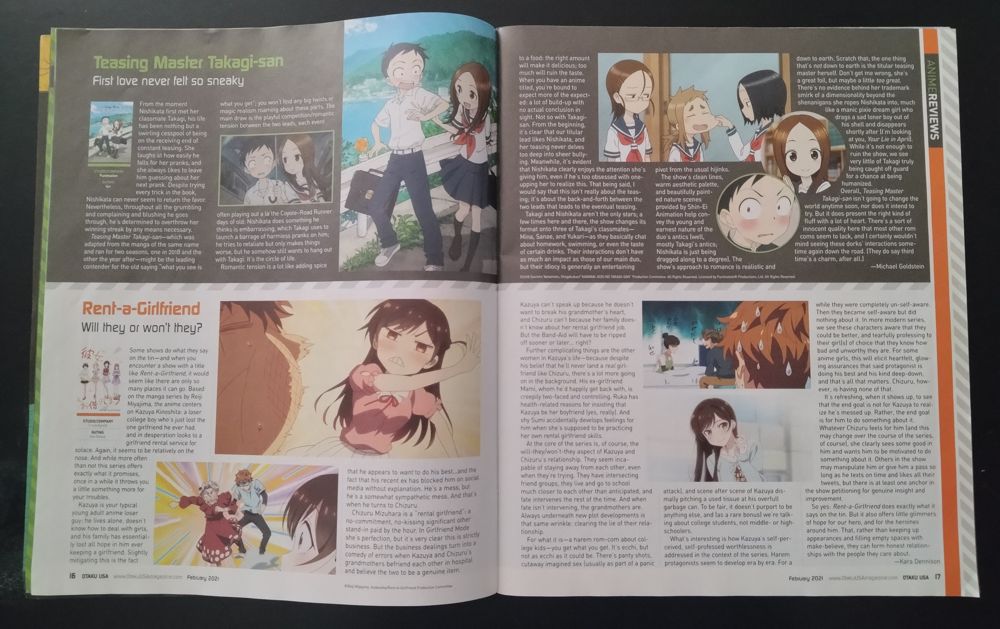




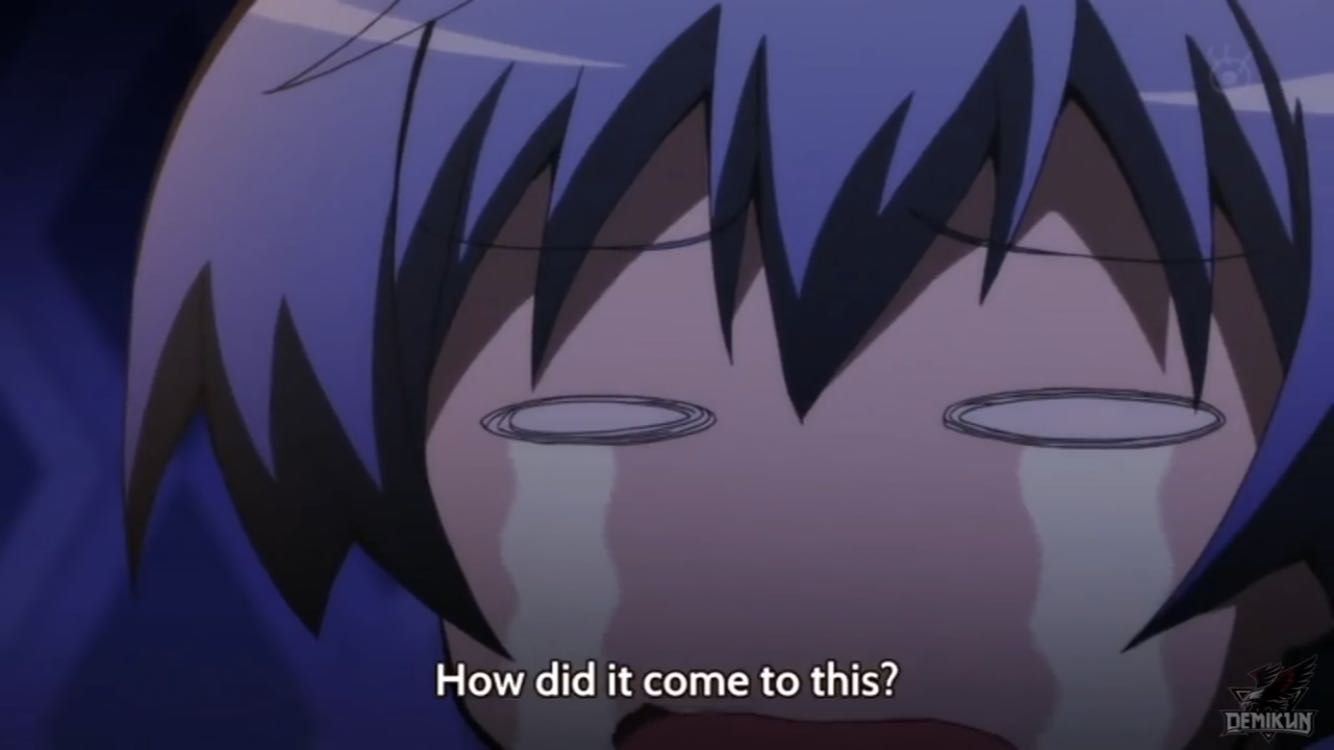
Nietzsche in HS… probably not a good introduction to philosophical thought. I mentioned Seneca in an article I wrote several years back called, “Routines,” about becoming fatigued by them. Ironically, I wrote something far more enthusiastic while in the same place for the same reason last December. It’s all in how we choose to see things, something more easily understood than changed. Regardless, I’m apparently not a Stoic. Wabi sabi, maybe.
If you’re interested (replace the “[DOT]”):
luminousaether.wordpress[DOT]com/2018/03/29/routines/
Nietzsche doesn’t seem like a good high school introduction!
Routine grinds me down too, especially routines I’d rather not have. In your article you make a good point: everything exciting becomes routine when repeated. Routine is where life is found. The idea of wabi sabi is a nice one. There’s beauty to be found in the most mundane routine if we look.
“I could not even wish to know the truth, for I could surmise of what it consisted. The truth was that life is meaningless.”
― Leo Tolstoy
Alongside Kierkegaard and Russian novels, all read through a lens of Buddhist nihilism. Fortunately, I had a good literature teacher who helped greatly that last year.
If you can muddle through written Japanese, you might be interested in Mieko Kamiya (神谷 美恵子). She was an academic and psychiatrist, and wrote a (non-academic) book in 1966, “生きがいについて”, (Ikigai ni Tsuite), which I’ll translate as, “Regarding a Reason to Live”. She, as well as her father, were a part of the Japanese Christian, Friends (Quaker) movement that also included Inazō Nitobe. NHK apparently produced a story of her life in May of 2018, called, “Mieko Kamiya, About the Purpose of Life”.
After WWII, I think that Kamiya, and certainly her father [Tamon Maeda (前田 多門), who was appointed and then removed as Japan’s first post-war Education Minister in MacArthur’s reconstruction] were trying to accomplish something fundamental in the rebuilding of the spirit of Japanese society. BTW – The Americanized self-improvement re-interpretations of her work seem to miss the point. And I don’t think there yet exists a proper English translation of the original.
ISBN-10 : 4622081814
ISBN-13 : 978-4622081814
And, Japan Powered is linked in my most recent post, since it was inspired by one of your articles. I’m apparently not a Nihilist either.
Apologies for the long reply.
Thank you for the book suggestion! The American self-improvement culture skews translations and understandings of different perspectives. While I’m aware of this, as a fish I can’t see the water.
I renewed my WordPress email subscription to your blog. I subscribed a long while ago, but for whatever reason it didn’t stick. For readers interested (K covers a range of topics) here’s the link: https://luminousaether.wordpress.com/ Thanks for the link!